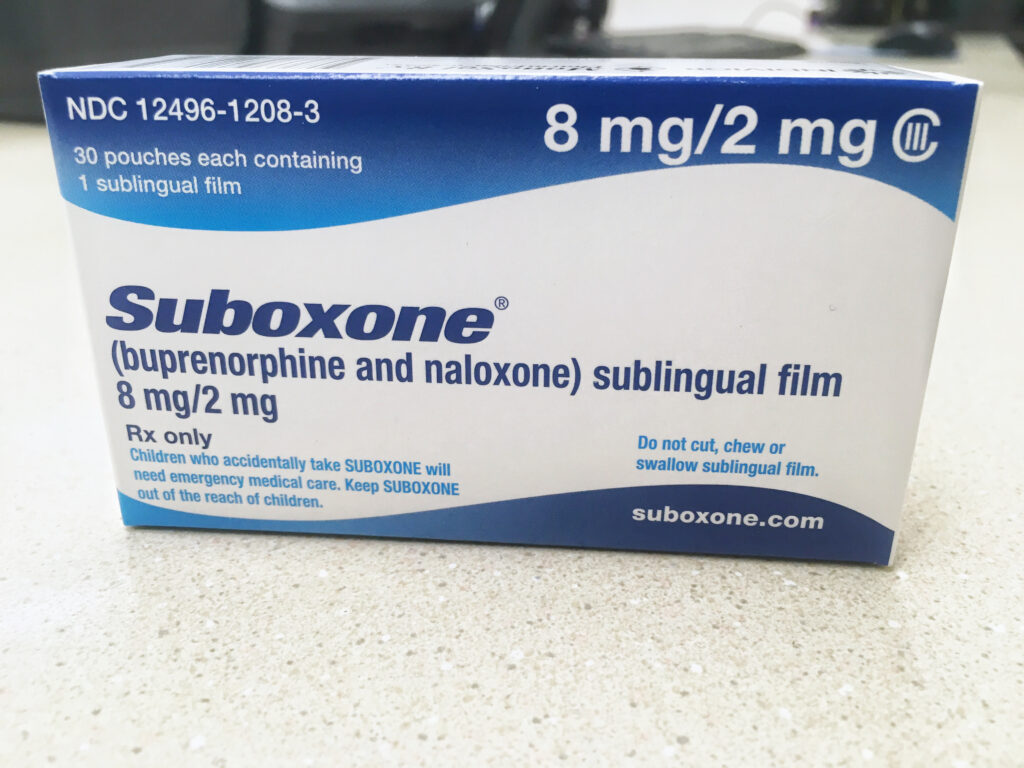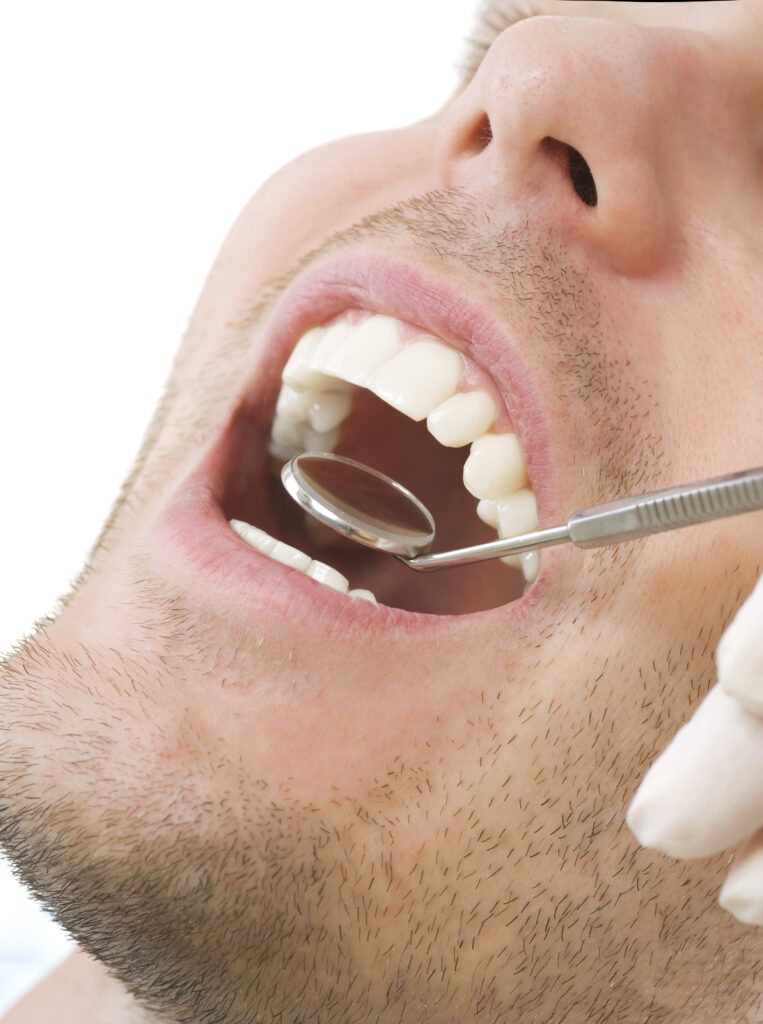Suboxone undeniably combats the opioid crisis, but its potential dental side effects demand attention—and has attracted it from the legal community, which has filed suboxone tooth decay lawsuits on behalf of plaintiffs seeking damages for injuries the drug has caused.
Table of contents
- What Is Suboxone?
- The Connection Between Suboxone and Tooth Decay
- Understanding the Side Effects of Suboxone on Dental Health
- Factors That Contribute to Tooth Decay in Suboxone Users
- Treatment Options for Tooth Decay Caused by Suboxone
- The Product Liability Lawsuits Surrounding the Manufacturers of Suboxone
- What is Product Liability and How Can You Prove It?
- What to Do if You Suffered Tooth Decay From Suboxone?
- Why You Should Avoid Filing Your Own Claim
- What Factors Will Affect Your Payout?
- 10 Reasons Why You Should Hire a Product Liability Lawyer
- What Will Be the Arguments Against Your Claim?
- 7 Key Elements to Proving Your Product Liability Claim
- Call a Product Liability Lawyer Today
What Is Suboxone?

Suboxone treats opioid addiction. The prescription medication contains a combination of buprenorphine and naloxone, which helps reduce cravings and withdrawal symptoms associated with opioid dependence.
Buprenorphine is a partial opioid agonist, which means it binds to the same receptors in the brain as opioids, but with a lower potency. Naloxone, on the other hand, is an opioid antagonist, which means it blocks the effects of opioids.
The Connection Between Suboxone and Tooth Decay
The connection between Suboxone and tooth decay may not immediately manifest, but it is a significant concern for those who are using this medication.
Suboxone can have a direct impact on your oral health, leading to a higher risk of tooth decay and other dental problems.
Understanding the Side Effects of Suboxone on Dental Health
One of the primary ways Suboxone can contribute to tooth decay is through its effect on saliva production. Suboxone, like many other medications, can cause dry mouth, also known as xerostomia.
Saliva neutralizes acids, remineralizes tooth enamel, and flushes away food particles. When saliva production is reduced, the mouth becomes more susceptible to bacterial growth, increasing the risk of tooth decay and other oral health issues.
Factors That Contribute to Tooth Decay in Suboxone Users
In addition to the direct impact of Suboxone on saliva production, other factors can contribute to tooth decay in individuals who are using this medication:
- Increased Carbohydrate Intake: Individuals struggling with opioid addiction may turn to sugary or carbohydrate-rich foods and drinks as a way to cope with cravings or withdrawal symptoms. This can lead to a higher intake of fermentable carbohydrates, which provide a food source for the bacteria that cause tooth decay.
- Neglect of Oral Hygiene: The addiction and recovery process can sometimes lead to a lack of focus on daily oral hygiene routines, such as brushing and flossing. This can further exacerbate the risk of tooth decay and other dental problems.
- Decreased Access to Dental Care: Individuals with opioid addiction may have limited access to regular dental care due to financial constraints or other barriers, making it more difficult to identify and address dental issues promptly.
Treatment Options for Tooth Decay Caused by Suboxone
If you experience tooth decay or other dental problems because of Suboxone use, you can try:
- Restorative Dental Treatments: Depending on the severity of the tooth decay, your dentist may recommend fillings, crowns, or other restorative procedures to repair the affected teeth.
- Preventive Dental Care: Regular dental cleanings, fluoride treatments, and the use of prescription-strength toothpaste or mouth rinses can help strengthen tooth enamel and reduce the risk of further decay.
- Saliva Substitutes: If dry mouth is a persistent issue, your dentist may recommend using saliva substitutes or stimulants to help increase saliva production and maintain a healthy oral environment.
- Dietary Modifications: Changing your diet, such as reducing the consumption of sugary and carbohydrate-rich foods and drinks, can also help prevent further tooth decay.
The Product Liability Lawsuits Surrounding the Manufacturers of Suboxone
In recent years, plaintiffs have filed product liability lawsuits against the manufacturers of Suboxone, alleging that they failed to adequately warn patients about the potential dental risks associated with the medication.
These lawsuits claim that the manufacturers knew or should have known about the link between Suboxone and tooth decay, but did not provide sufficient information to healthcare providers and patients.
Don't wait any longer, call 866-535-9515 or submit your case for review today!
What is Product Liability and How Can You Prove It?
Product liability is a legal concept that holds manufacturers, distributors, and sellers responsible for the injuries or damages caused by their products.
In the case of Suboxone, individuals may be able to file a product liability claim if they can demonstrate the following:
- Defective Design: The product was designed in an inherently dangerous way, leading to tooth decay or other dental problems.
- Failure to Warn: The manufacturer failed to provide adequate warnings or instructions about the potential dental risks associated with Suboxone use.
- Negligence: The manufacturer acted negligently in the design, production, or marketing of the product, resulting in foreseeable harm to the user.
To prove a successful product liability case, you must gather evidence, such as medical records, dental examinations, and expert testimony, to demonstrate the causal link between Suboxone use and your dental issues.
What to Do if You Suffered Tooth Decay From Suboxone?

If you experienced tooth decay or other dental problems that you believe are related to your use of Suboxone:
- Seek immediate dental care to address the issue and prevent further damage to your teeth.
- Document all the dental treatments you have received, including the costs and any ongoing dental issues.
- Consult with a product liability lawyer who has experience in cases involving pharmaceutical drugs and their side effects.
If you suffer from tooth decay or other dental problems due to Suboxone, take action.
Contact a product liability lawyer today to discuss your case and explore your legal options for seeking compensation. Don't let the manufacturers of Suboxone get away with the potential harm their product has caused to your dental health.
Why You Should Avoid Filing Your Own Claim
While it may be tempting to try and handle a product liability claim on your own, it's generally not advisable.
These types of cases can be complex and require a thorough understanding of the legal system. They also require the ability to navigate the often-daunting process of gathering evidence, negotiating with insurance companies, and presenting a compelling case in court.
Attempting to file a claim without the guidance of an experienced product liability attorney can significantly reduce your chances of a successful outcome. An attorney can help you:
- Identify all potential defendants and ensure that your claim is filed against the correct parties.
- Gather the necessary evidence and expert testimony to build a strong case.
- Negotiate with insurance companies and opposing counsel to secure the best possible settlement.
- Represent you in court if a settlement cannot be reached.
- Ensure that your claim is filed within the appropriate statute of limitations.
What Factors Will Affect Your Payout?
The potential payout for a Suboxone-related product liability claim can vary significantly based on several factors, including:
- Severity of Dental Damages: The extent and severity of your dental issues, such as the number of cavities, the need for extensive restorative work, or the loss of teeth, will directly impact the potential payout.
- Medical Expenses: The cost of any dental procedures, treatments, or ongoing care required to address the dental problems will be a key factor in determining the payout.
- Lost Wages: If your dental issues have caused you to miss work or have reduced your earning capacity, these lost wages can be included in your claim.
- Pain and Suffering: The physical and emotional distress caused by the dental problems can also be factored into the potential payout, though these damages can be more difficult to quantify.
- Punitive Damages: In cases where the manufacturer's actions or omissions were particularly egregious, the court may award punitive damages to punish the defendant and deter similar conduct in the future.
10 Reasons Why You Should Hire a Product Liability Lawyer
Here are 10 reasons why you should hire a product liability lawyer if suboxone damage your teeth:
- Experience in Product Liability Law: Product liability lawyers have extensive experience navigating the complex legal landscape surrounding defective products, including pharmaceutical drugs like Suboxone.
- Thorough Investigation: Your lawyer will conduct a thorough investigation into the facts of your case, gathering evidence and building a strong legal argument.
- Negotiation Skills: Product liability lawyers are skilled negotiators and can effectively negotiate with the manufacturers and their legal teams to secure a fair settlement.
- Courtroom Experience: If a settlement cannot be reached, your lawyer will be prepared to take your case to court and advocate for your rights in front of a judge and jury.
- Access to Experts: Product liability lawyers have access to a network of experts, such as medical professionals and industry specialists, who can provide valuable testimony to support your case.
- Understanding of Regulations: Your lawyer will understand the relevant regulations and laws surrounding product liability, ensuring that your case is handled properly.
- Contingency Fees: Many product liability lawyers work on a contingency fee basis, meaning you don't pay any upfront costs, and they only get paid if you receive a settlement or award.
- Emotional Support: Dealing with the aftermath of a product-related injury can be emotionally challenging. Your lawyer will provide the support and guidance you need throughout the legal process.
- Maximizing Compensation: Product liability lawyers know how to accurately calculate the full extent of your damages, including medical expenses, lost wages, and pain and suffering, to ensure you receive the maximum compensation you're entitled to.
- Holding Manufacturers Accountable: By pursuing a product liability claim, you can help hold the manufacturers of Suboxone accountable for the potential harm their product has caused and prevent similar issues from happening to others.
What Will Be the Arguments Against Your Claim?
The manufacturers of Suboxone and their legal teams may try to argue against your product liability claim in the following ways:

- Lack of Causation: They may claim that there is no direct causal link between your use of Suboxone and the development of tooth decay or other dental problems.
- Pre-Existing Conditions: The manufacturers may argue that your dental issues were pre-existing or caused by other factors unrelated to Suboxone.
- Failure to Follow Instructions: They may claim that you did not follow the instructions or warnings provided with Suboxone, and therefore, the manufacturers are not responsible for the consequences.
- Contributory Negligence: The manufacturers may argue that your actions, such as poor oral hygiene or dietary choices, contributed to your dental problems.
Your product liability lawyer will be prepared to counter these arguments and build a strong case to demonstrate the direct link between your use of Suboxone and the resulting dental issues.
7 Key Elements to Proving Your Product Liability Claim
- Establish the Defect: Demonstrate that Suboxone had a design or manufacturing defect that made it unreasonably dangerous for consumers.
- Prove Causation: Show that the defect in Suboxone was the direct cause of your dental problems.
- Provide Medical Evidence: Present medical records, expert testimony, and other evidence to support the severity and impact of your dental issues.
- Document Damages: Carefully document all of your medical expenses, lost wages, and other damages related to the dental problems caused by Suboxone.
- Demonstrate Lack of Adequate Warnings: Prove that the manufacturers of Suboxone failed to provide sufficient warnings about the potential dental risks associated with the medication.
- Establish Foreseeability: Show that the manufacturers knew or should have known about the link between Suboxone and tooth decay, but failed to take appropriate action.
- Prove Negligence: Demonstrate that the manufacturers acted negligently in the design, manufacturing, or marketing of Suboxone, leading to the harm you have suffered.
Call a Product Liability Lawyer Today
The hidden dental dangers of Suboxone are a serious concern that deserves attention. By understanding the connection between this medication and tooth decay, you can take proactive steps to protect your oral health and seek justice if you have been affected.
Remember, you can hold the manufacturers of Suboxone accountable for the harm their product caused. Don't hesitate to consult a product liability lawyer to explore your legal options and secure the compensation you deserve.